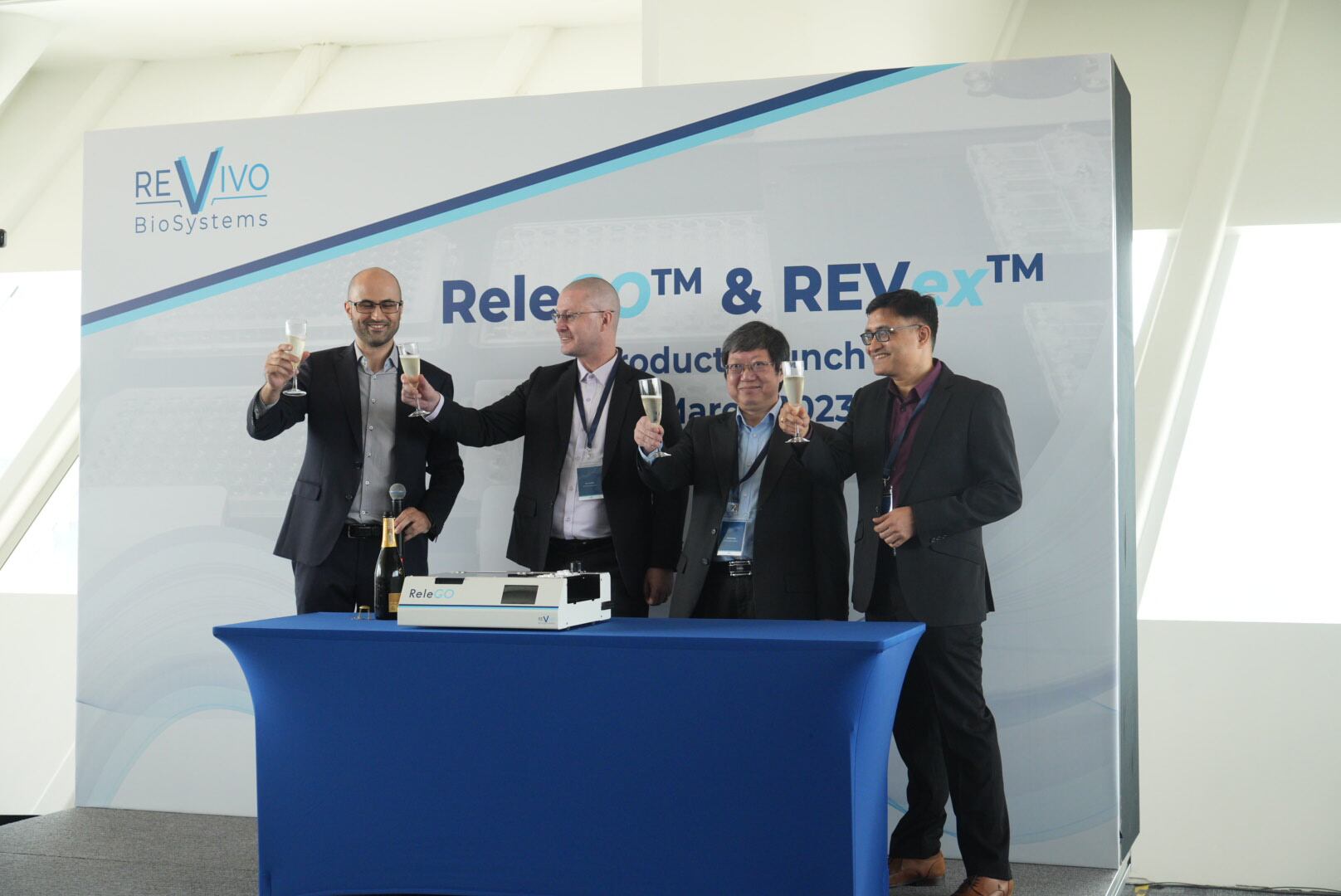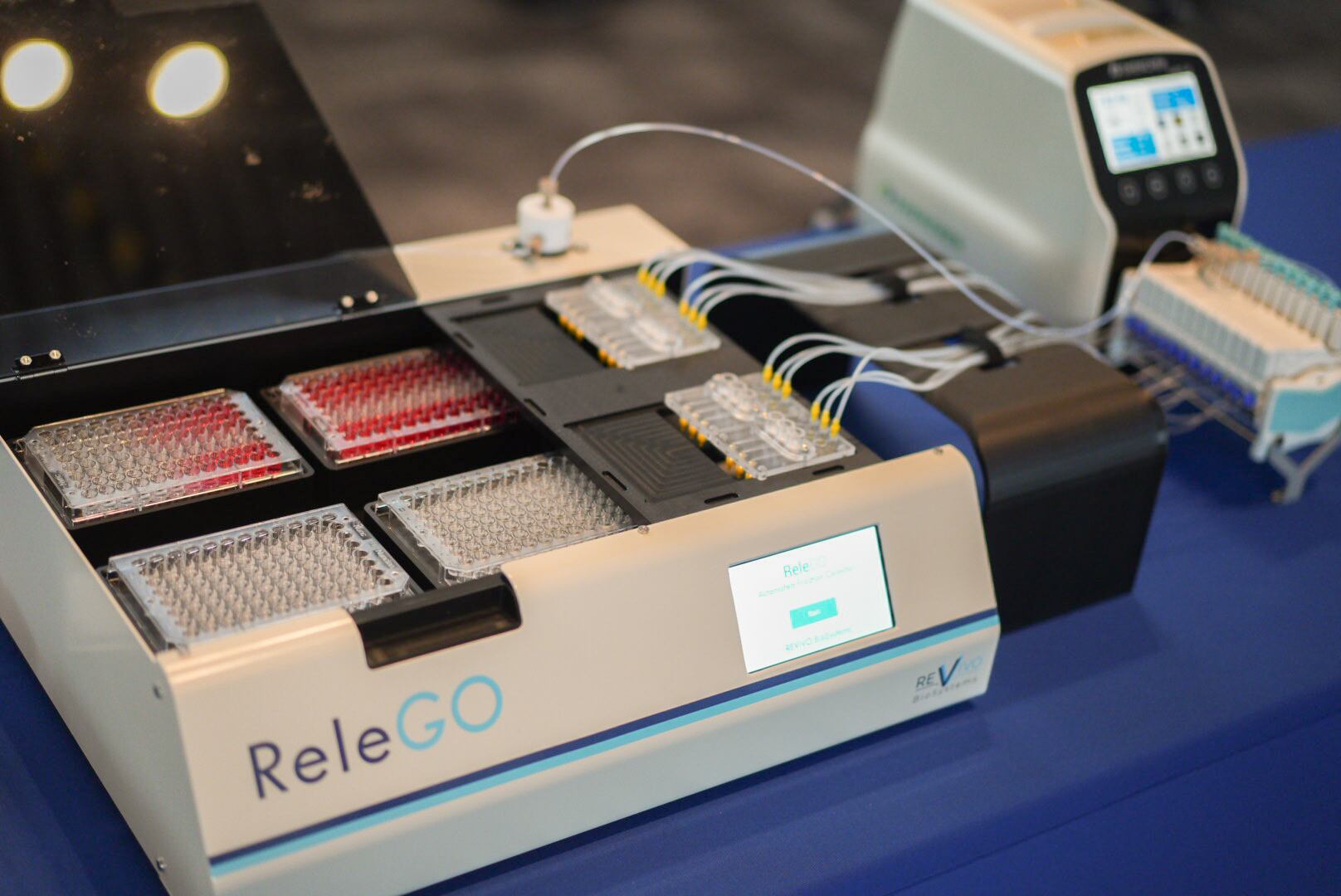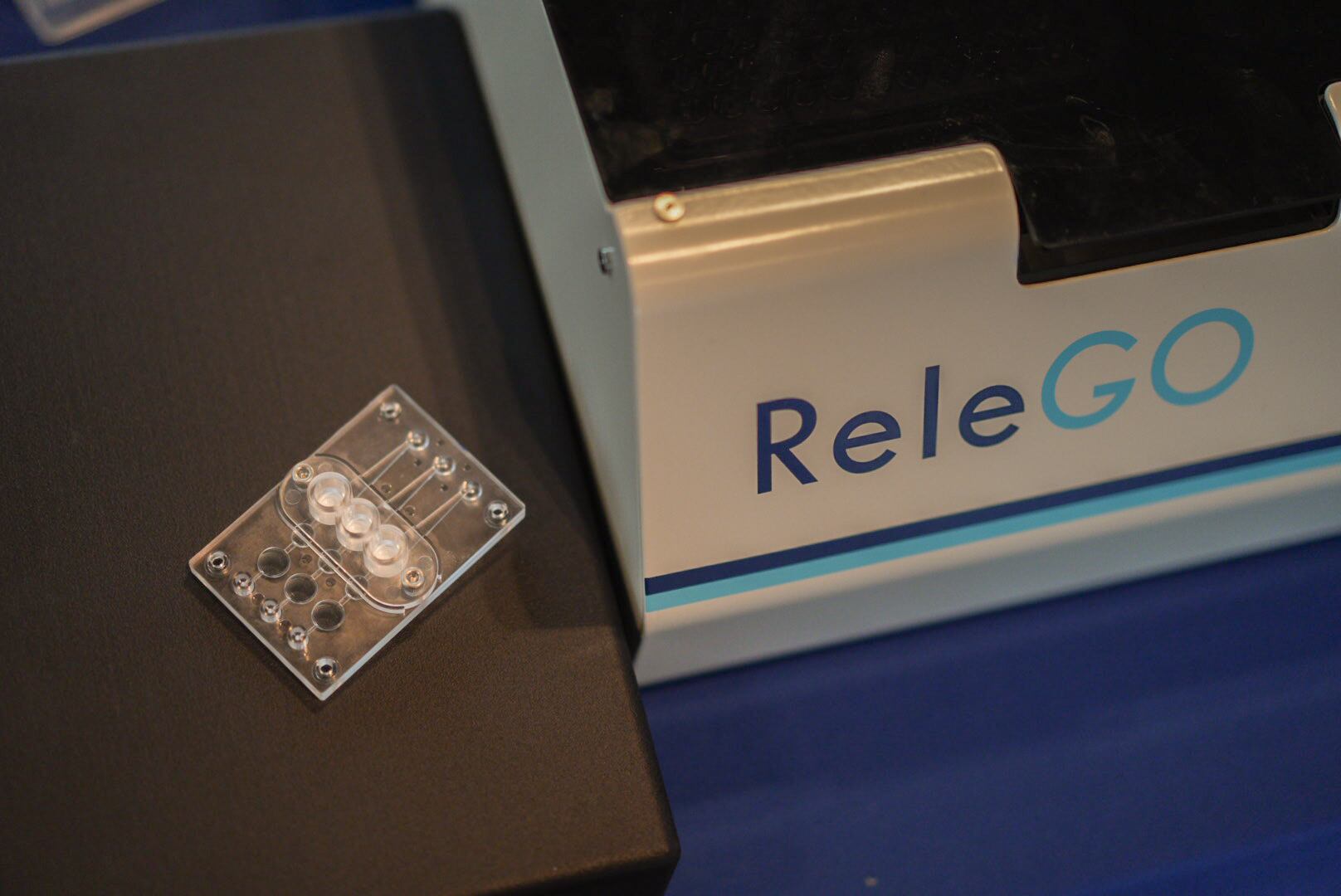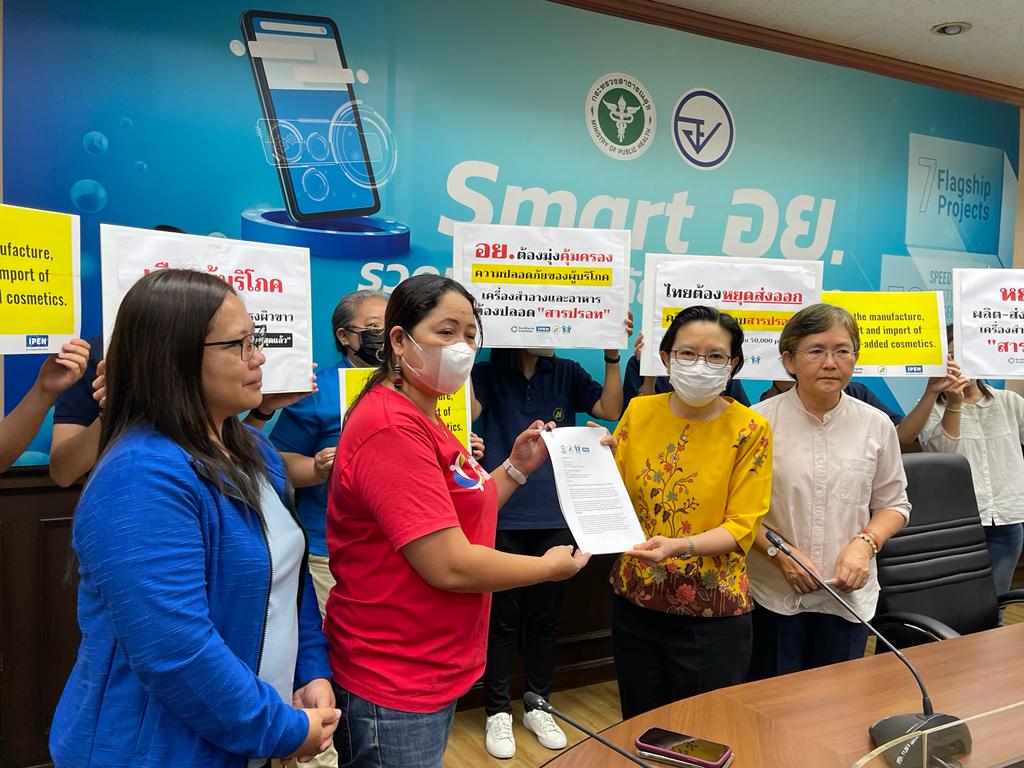Founded in 2019, REVIVO BioSystems provides technology and services for ex-vivo and in-vitro testing of chemicals, ingredients, cosmetic formulations, and therapeutics.
The start-up spun off from A*STAR, a government agency specialising in scientific research, following a 2014 Skin-on-Chip research programme.
CosmeticsDesign-Asia first spoke with its CEO and co-founder, Dr. Massimo Alberti, in 2019 when the product was still in its prototype phase.
Since then, he said it had evolved from ‘skin-on-a-chip’ to ‘organ-on-chip’.
“The fact that we call it the organ-in-a-chip [now] shows the scalability of the technology. We started with one type of tissue application, which is the skin. But now, the platform can be used for any kinds of tissues in the human body to test in-vitro or ex-vivo – let’s say from a biopsy, explant, or a reconstructed tissue model from human cells.” Alberti said.
On March 2, the team launched its first 4D skin testing platform. The product claims to provide a cost-effective and efficient testing method for cosmetics active ingredients and product formulation, doing away with the need for animal testing.
The key to scaling the technology, Alberti said, is in the product design as the microfluidic chips can now be produced by injection moulding, which provides for “a very rapid and cost-effective way of fabrication.”

Potential of the technology
The product is currently priced at USD$48,000*, and comes with two components – namely REVEx, a miniature, credit card slot for human tissues, and ReleGO, a fully-automated and programmable fraction collector.

Alberti explained further about the microfluidic technology involved, which he believes gives the firm a competitive edge.
“What’s different about our product is that we offer an understanding of what happen to the tissues over time. We use this microfluidic technology – a continuous flow medium – that has proven to provide a better environment for cells and tissues, so that the natural human properties are established.
“It is a radical change from current technology, where you have a view of what happened at one time point. The current technologies [in the market] are very static. An analogy I like to use is a photograph camera which will take a picture. With our technology, it has evolved into a video camera where you have these different frames that you can put together into a movie.”
Beyond animal testing alternatives, the firm has also touted further potential applications of its realistic 4D human tissue models:
“We want to exploit all the benefits of this technology. [With the technology], you can create much more advanced and complex protocols to address certain needs and claims. And possibly expand to other tissues in the body. We are strong with any tissues that represents a barrier between the inside and outside. Moving towards the pharmaceutical industry, we can test the tissues in the guts and the lungs.
“Another thing is, of course it may take a bit more time, is one day, if we can use cells coming from patients or consumers and use them in our system. Almost like a personalised study on a particular group or an individual, it would be great. This technology could enable that. Companies like the big corporates will drive that transition - personalised medicine, personalised cosmetics…”
Are regulators keeping at pace with industry and consumers?
When asked about how the new product plays into the regulatory landscape on testing, Alberti shared that the lack of harmonised regulations across different countries makes it challenging for manufacturers to entirely do away with animal testing.
“I understand the pain on the industry to not have a harmonised regulatory environment and that's why I believe in providing [testing] models that are more and more realistic. The limitations of the current technologies are that it may not satisfy the deep understanding of testing mechanisms. Therefore, you resort going to animals. With something like [our technology], you may not need the former anymore. This can be a way to bridge the gap to screen through chemicals, drugs, and clinical trials,” he said.
However, Alberti foresees that more countries will follow suit after EU’s ban on animal testing for cosmetic products since this year. Another key influence on the industry, he added, is that millennial and Gen Z consumers are more conscious about ethics behind their purchases compared to previous generations.
“In Asia, the consumers are very knowledgeable, [and they would go the extent of researching] even up to some scientific level of the compounds used in the products. Even if the regulations do not [ban animal testing], companies would still have to adapt to the needs of consumers wanting products that are not tested by animals.” Alberti shared.
Cruelty-free cosmetics was expected to reach more than 14 billion by 2030 and registers a healthy CAGR of 4.56%.
REVIVO recently partnered with Humane Society International in the aspect of chemical safety, and would be seeking out partnerships with regulatory agencies to move this forward.
*Information provided pertaining to price at the time of product launch and actual price may be subjected to change.




